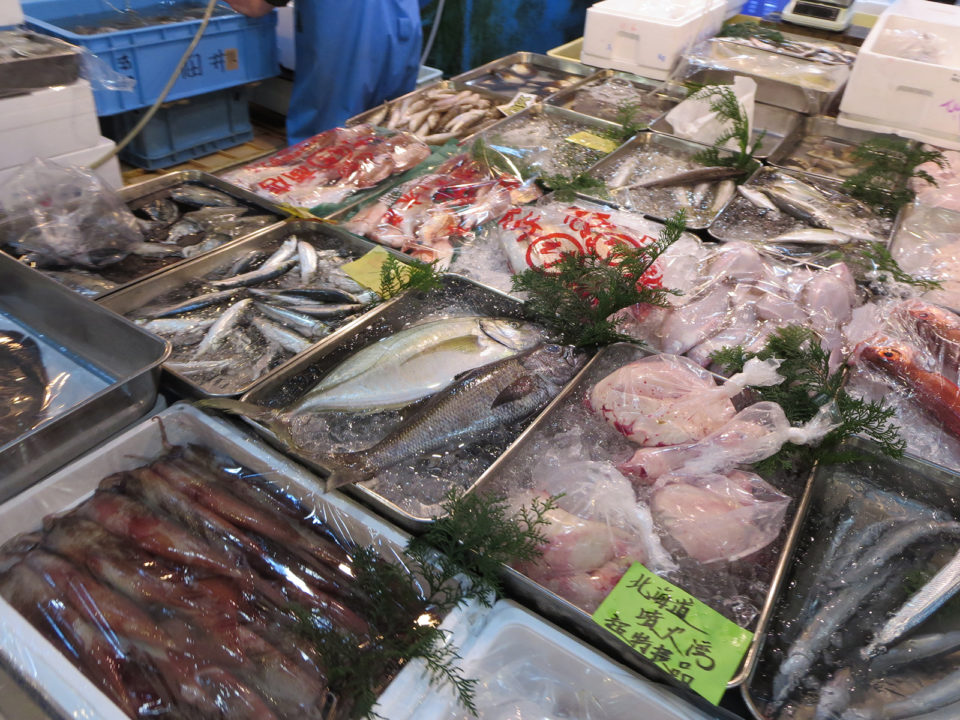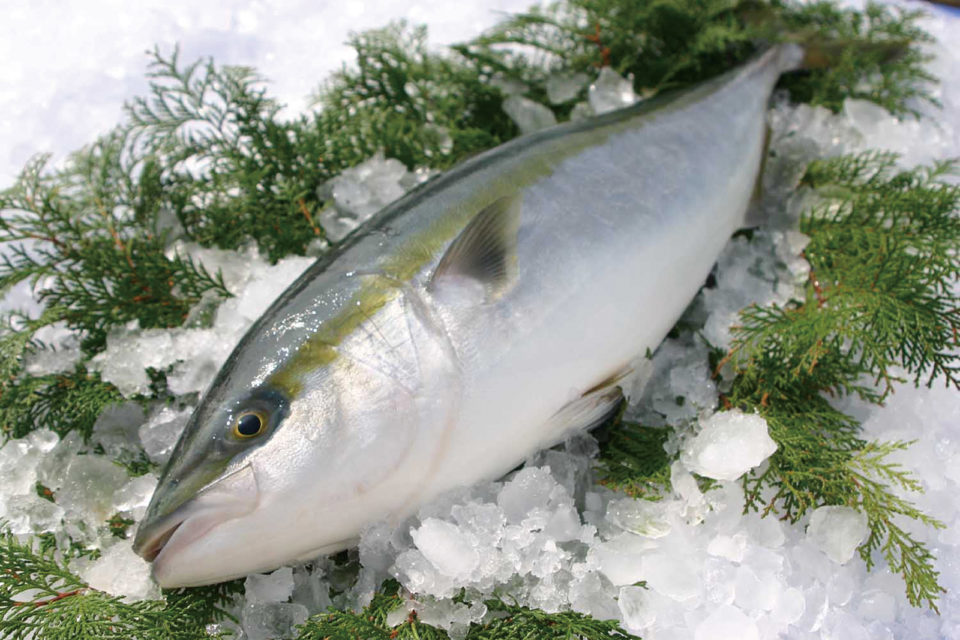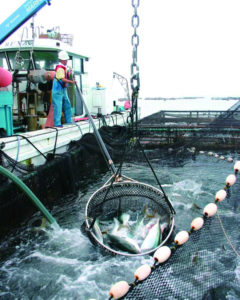Seafood Legacy, Kurose Suisan among leading advocates for responsible aquaculture

The share of cultivated fish in Japan’s massive seafood market has been growing ever since the rapid development of commercial aquaculture following World War II. In the eyes of one group raising awareness of sustainable seafood across the island nation, aquaculture must take on an even bigger role.
Since 2015, Seafood Legacy has been building partnerships between environmental organizations and sustainable seafood businesses to promote healthy ocean ecosystems. Despite the scarcity of sustainable seafood initiatives in Japan, Managing Director Wakao Hanaoka is confident that times are changing.
He points to retail firms like Aeon and Seiyu that are selling more sustainable produce and fisheries companies like Maruha Nichiro that have established sustainable business policies. Even firms like Panasonic offer sustainable seafood in their corporate canteens, while the government has highlighted the need for comprehensive fishery management reform and better resource management.
With all eyes on Japan for the 2020 Olympic Games in Tokyo, Hanaoka – who has been involved in market campaigns aimed at protecting marine ecosystems for the past 15 years – sees a key opportunity for the country to make stronger sustainability commitments on a global stage. Both Rio de Janeiro and London – hosts of the two previous summer Games – made major strives with the Olympics in mind, and now it’s Japan’s turn.
“We want to offer the utmost in hospitality with sustainable seafood, i.e. sushi, in 2020,” said Hanaoka. “Sushi and sashimi are symbols of Japanese cuisine. If the fish for such dishes is endangered, that’s irresponsible toward future generations. As a Japanese [citizen], it’s also very sad.”
Hanaoka also believes aquaculture is likely to grow considerably in Japan – and worldwide – to respond to surging demand for protein amid rapid population growth. Ensuring that the industry’s growth is sustainable is crucial, he said.
“Japan is seen as a major fisheries nation, but resource management has been poor,” he said. “It hadn’t been working toward sustainability, and although this is being addressed, we need considerable time. To establish sustainable fisheries in Japan, or rather a sustainable connection between society, the economy and marine environment, one role of sustainable aquaculture in Japan is to provide the necessary time and leeway.”


One potential pathway for Japan is sustainability certification, but ecolabels are just beginning to gain a foothold. One company making the commitment is Kurose Suisan Co., Ltd. in Miyazaki Prefecture, which became the world’s first yellowtail producer to obtain Aquaculture Stewardship Council (ASC) certification last December. Established in 2004, the company produces yellowtail in sink-and-float-type cages that prevent damage from typhoons or rough seas.
Kurose Suisan also stands out for another reason: Nine years ago it became the first producer in Japan to commercialize the complete growing cycle for yellowtail by developing artificial seedling technology for the early extraction of eggs from farmed broodstock. Kurose Suisan’s technology has made it possible to harvest fish at a younger age, and during the summer, which is traditionally an off-season for yellowtail.
Kurose Yellowtail is in high demand among Japan’s restaurants and retailers. Manager Shigetsugu Yamase noted the significance of the recent certification, adding that responsible fisheries and aquaculture methods are the way forward. Raising awareness for ecolabels and best practices in Japan will be a large task, he said.
Yamase said the certification is already influencing Japan’s aquaculture industry to rethink its goals and is providing opportunities for producers to collaborate with organizations that aim to drive improvements.
“We must work harder, make adjustments and compromise,” Yamase told the Advocate. “We should do more to educate consumers, so they choose sustainable products, and increase the value of certified farmed fish.”
Follow the Advocate on Twitter @GAA_Advocate
Now that you've finished reading the article ...
… we hope you’ll consider supporting our mission to document the evolution of the global aquaculture industry and share our vast network of contributors’ expansive knowledge every week.
By becoming a Global Seafood Alliance member, you’re ensuring that all of the pre-competitive work we do through member benefits, resources and events can continue. Individual membership costs just $50 a year. GSA individual and corporate members receive complimentary access to a series of GOAL virtual events beginning in April. Join now.
Not a GSA member? Join us.
Author
-

Bonnie Waycott
Bonnie Waycott is a freelance writer specializing in aquaculture development and fisheries management, with a particular focus on Japan. She has a keen interest in the recovery of aquaculture in Tohoku, following the Great East Japan Earthquake and Tsunami of March 2011.
Related Posts

Innovation & Investment
Maine scallop farmers get the hang of Japanese technique
Thanks in part to a unique “sister state” relationship that Maine shares with Aomori Prefecture, a scallop farming technique and related equipment developed in Japan are headed to the United States. Using the equipment could save growers time and money and could signal the birth of a new industry.

Responsibility
Can ranching ‘zombie urchins’ boost uni, save kelp forests?
With Norwegian knowledge and a partnership with Mitsubishi, Urchinomics aims to turn worthless empty urchins into valuable seafood while restoring kelp forests and creating jobs.

Responsibility
Can sustainable mariculture match agriculture’s output?
Global, sustainable mariculture production, developed on a massive, sustainable scale and using just a small fraction of the world’s oceanic areas, could eventually match the output of land-based agriculture production. Scale and international law considerations require the involvement of many stakeholders, including national governments and international organizations.

Innovation & Investment
Offshore aquaculture inches closer to reality in the Gulf of Mexico
New U.S. policies for offshore aquaculture permitting will soon be put to the test in the Gulf of Mexico. With imported products dominating the U.S. seafood landscape, some argue the time has come for the industry to take a leap forward.

